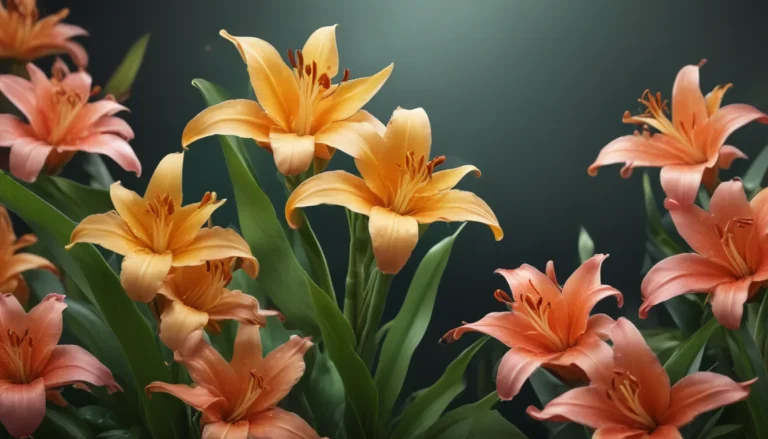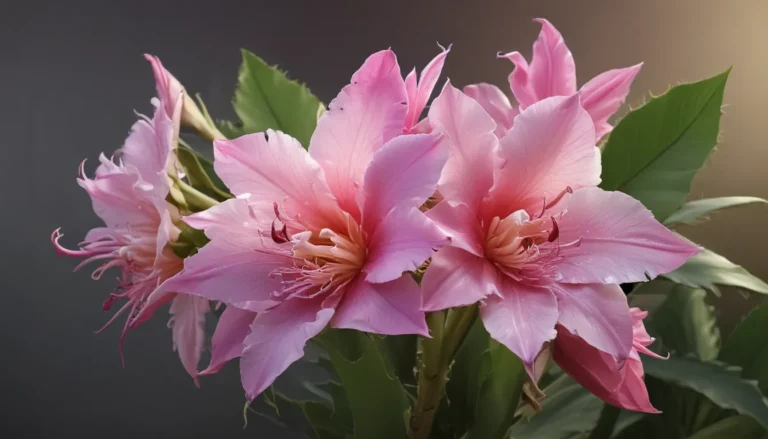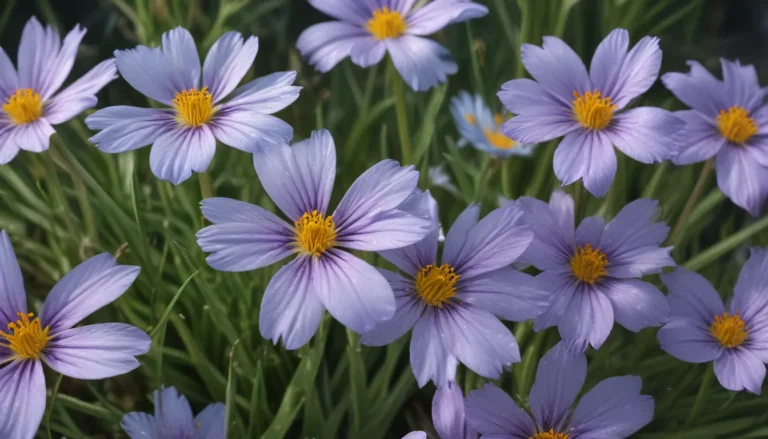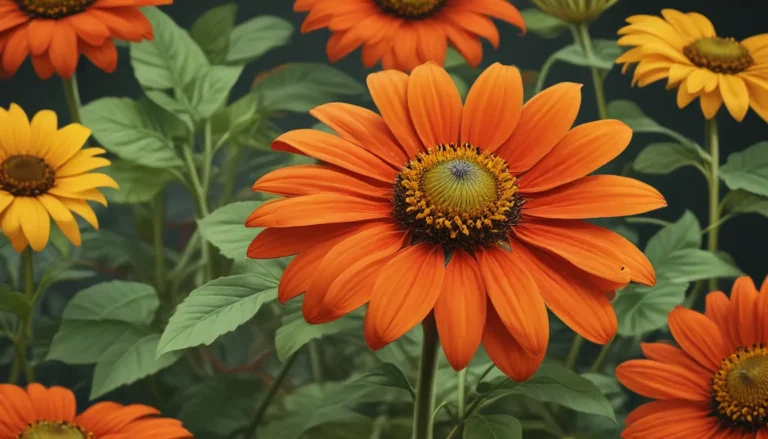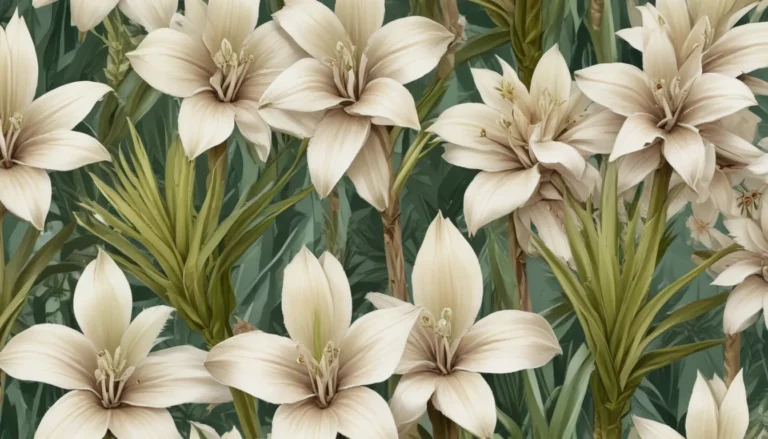The pictures we use in our articles might not show exactly what the words say. We choose these pictures to make you interested in reading more. The pictures work together with the words but don’t take their place. The words still tell you the important facts.
Are you curious about the captivating herb, Valerian, and its mysterious allure? Join us on a journey to unravel the secrets of this versatile plant with a rich history of medicinal uses. From its soothing aroma to its potential to enhance sleep quality, Valerian has piqued the interest of herbal enthusiasts and health-conscious individuals worldwide.
Unraveling the Mysteries of Valerian
Valerian, scientifically known as Valeriana officinalis, has been cherished for centuries for its therapeutic benefits. With roots in Europe and parts of Asia, this perennial plant boasts sweet-scented flowers that have long been associated with relaxation and tranquility.
Key Takeaways:
- Valerian is a versatile herb known for its calming properties, helping promote relaxation and improve sleep quality.
- Native to Europe and Asia, Valerian attracts pollinators with its fragrant flowers, but caution is advised for pregnant women and those preparing for surgery.
Valerian’s Medicinal Heritage
For millennia, Valerian has been revered for its ability to alleviate anxiety, induce relaxation, and enhance sleep. Its roots exude a distinctive earthy aroma, attributed to the presence of valerenic acid and other compounds that contribute to its sedative effects.
Valerian’s Role in Sleep Enhancement
Studies suggest that Valerian root extract may be a natural remedy for insomnia, offering a potential solution to improve sleep quality and reduce the time needed to fall asleep. It's a popular choice for herbal teas and supplements designed to promote relaxation and restful slumber.
The Botanical Charms of Valerian
Thriving in moist soil, Valerian plants native to Europe and select regions of Asia boast delicate white or pink flowers that entice bees, butterflies, and other pollinators. Beyond its medicinal uses, Valerian leaves add a mildly bitter flavor to salads, soups, and stews.
Valerian’s Therapeutic Potential
Valerian's ability to reduce anxiety symptoms, such as nervousness and restlessness, positions it as a natural alternative to conventional anxiety medications. However, caution is advised for pregnant and breastfeeding women due to limited research on its effects.
Valerian’s Culinary Delights
In culinary circles, Valerian leaves have a historical reputation as flavorful additions to various dishes. From its medicinal properties to its aromatic allure, Valerian's culinary uses offer a unique twist to traditional recipes.
Valerian’s Precautions
Due to its sedative effects, it's prudent to discontinue Valerian use at least two weeks before scheduled surgery to prevent excessive sedation during medical procedures. Pregnant and breastfeeding women should also consult healthcare professionals before incorporating Valerian into their routines.
Embracing the Wonders of Valerian
In conclusion, Valerian stands as a fascinating herb steeped in history and therapeutic benefits. Its calming aroma, sleep-promoting properties, and culinary versatility make it a standout choice for those seeking natural solutions to anxiety and insomnia.
FAQs
- Is Valerian safe to use?
-
Valerian is generally safe when used as directed, but consulting healthcare professionals is recommended, especially for individuals with underlying health conditions or taking medications.
-
Can Valerian be used during pregnancy or breastfeeding?
-
Pregnant and breastfeeding women are advised to avoid Valerian due to limited safety data. Consulting healthcare providers before herbal supplement use is wise during these periods.
-
How soon does Valerian take effect?
-
Valerian's effects vary, with some experiencing calming effects within 30 minutes to an hour, while others may need consistent use for significant results over a few weeks.
-
Does Valerian interact with medications?
-
Valerian may interact with sedatives, antidepressants, and anti-anxiety drugs. Disclosing all medications to healthcare providers is crucial to prevent potential interactions.
-
Are there side effects from Valerian use?
- While generally well-tolerated, some may experience mild side effects like drowsiness or gastrointestinal issues. Discontinuing use and seeking medical attention for severe or persistent side effects is essential.
Embrace the enchanting world of Valerian as you explore its intriguing qualities, from its calming effects to its culinary charm. Whether seeking restful sleep, inner calm, or knowledge about natural remedies, Valerian is a herb that invites curiosity and discovery. Dive into the allure of Valerian and enrich your wellness journey with its botanical wonders.
We Value Your Feedback
Our dedication to providing engaging and reliable content is unwavering. Each fact presented is a contribution from real users, ensuring a diverse range of insights and information. Rest assured that our meticulous review process guarantees accuracy and credibility in every detail shared on our platform. Trust in our commitment to quality and authenticity as you venture into the realm of herbal wonders with us.


